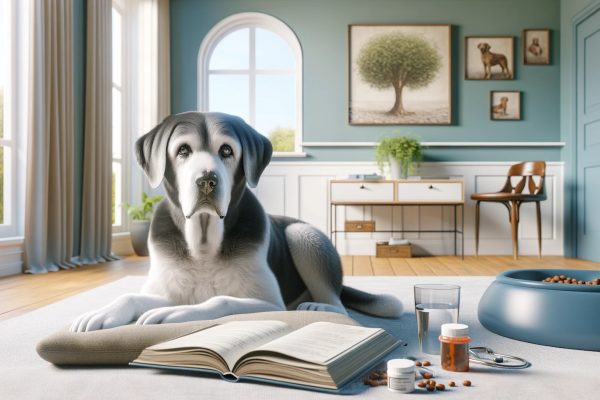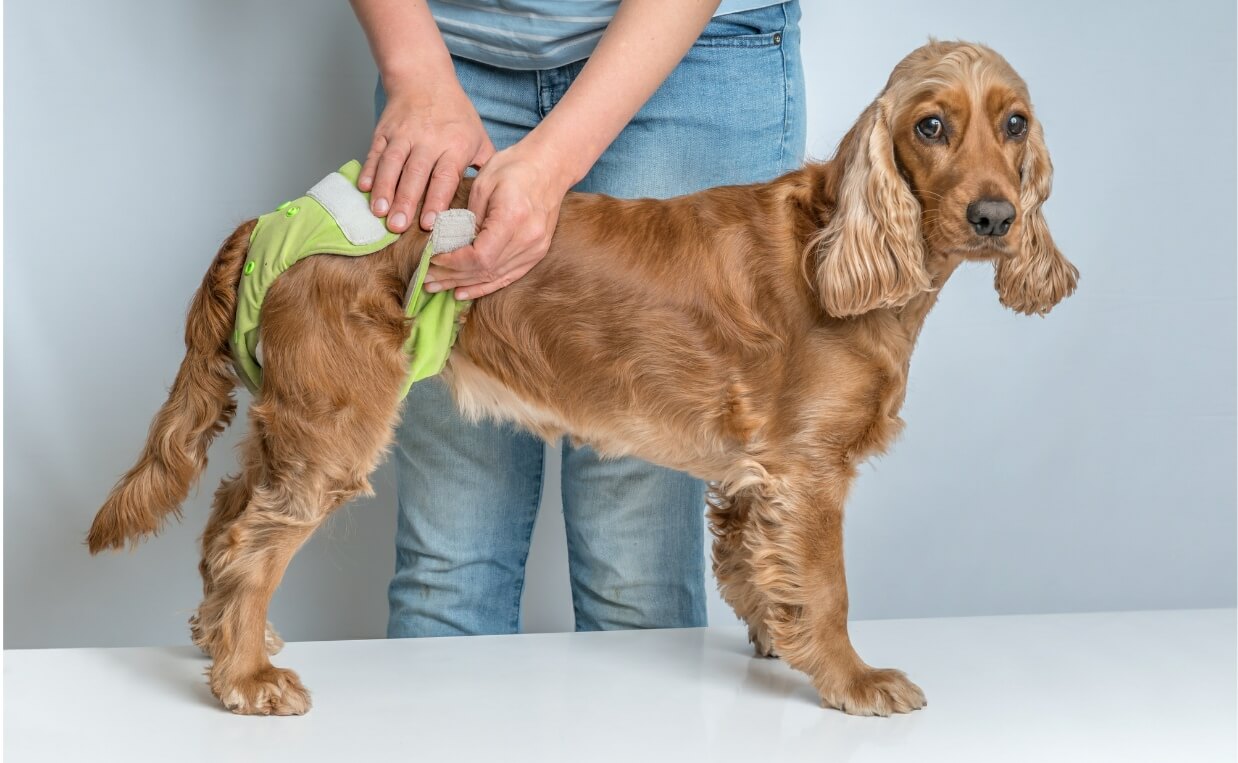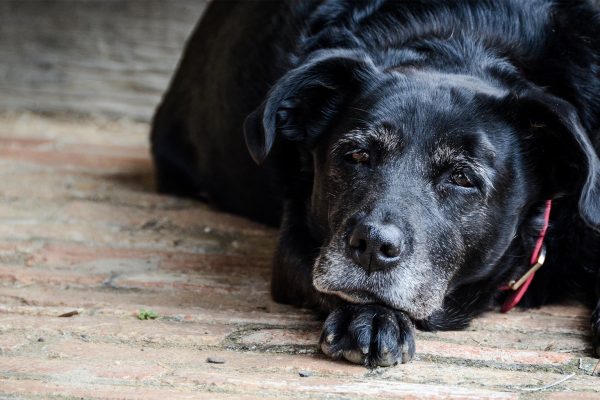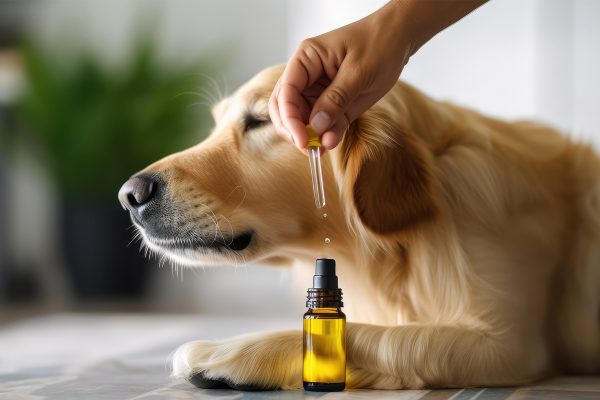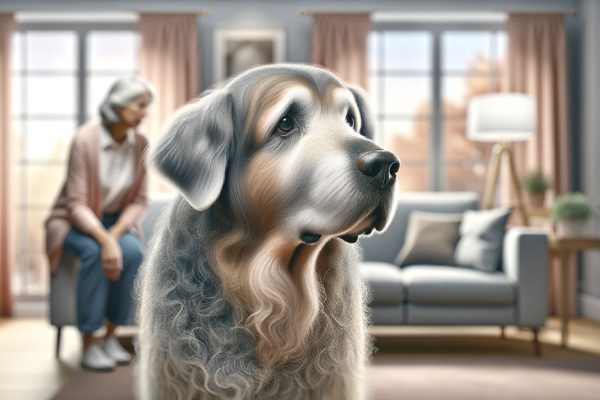Home>Health & Wellness>Common Health Issues>Urinary Health>Navigating Old Dog Urinary Incontinence: A Comprehensive Guide for Pet Parents
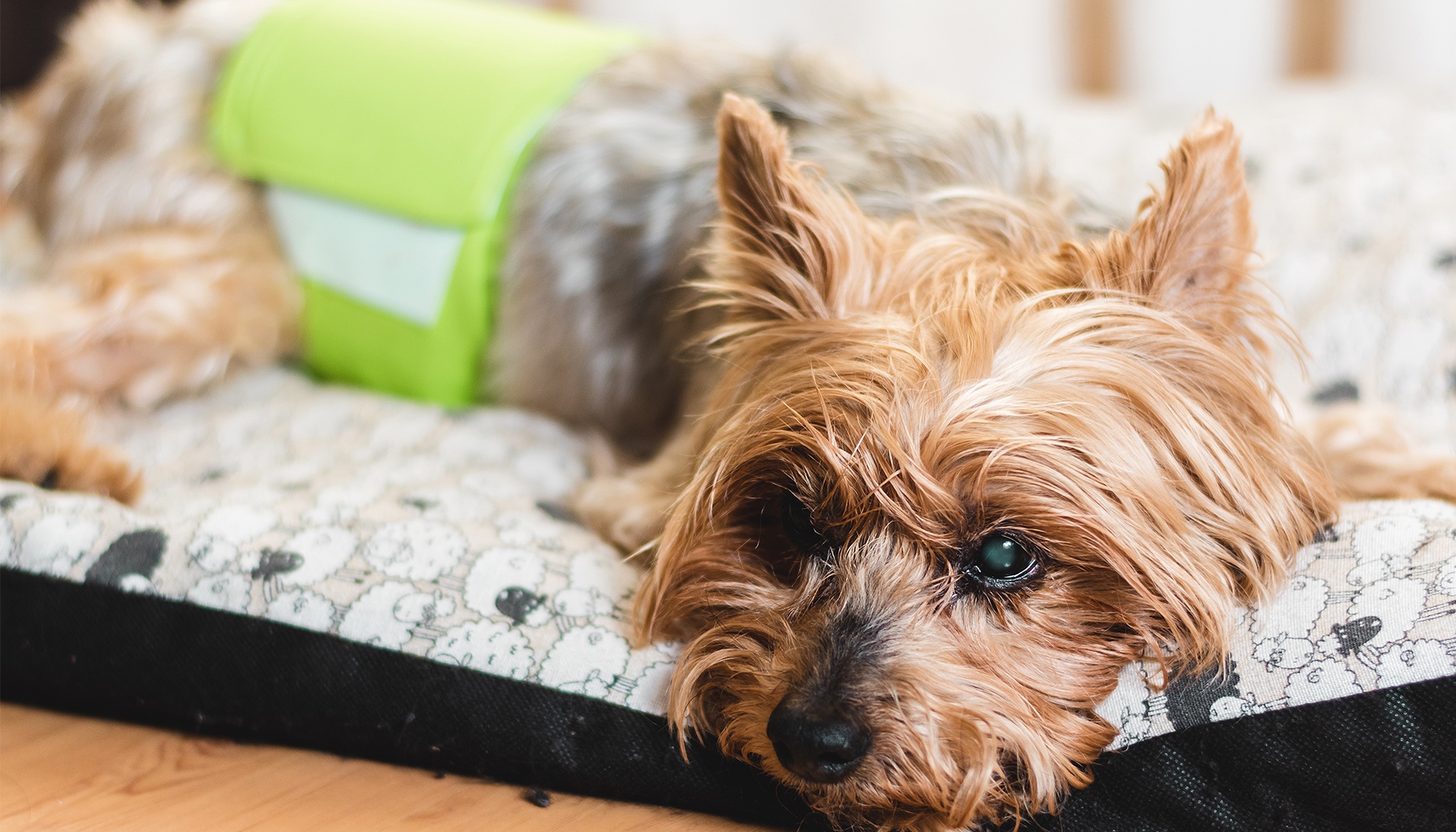

Urinary Health
Navigating Old Dog Urinary Incontinence: A Comprehensive Guide for Pet Parents
Published: November 23, 2023
Dealing with old dog urinary incontinence can be a challenge. Learn what causes it, natural remedies to manage it and how to ensure your pet's comfort in their senior years.
(Many of the links in this article redirect to a specific reviewed product. Your purchase of these products through affiliate links helps to generate commission for Pawsomeoldies.com, at no extra cost. Learn more)
As our beloved canine companions enter their senior years, they often face various health challenges. A common yet seldom discussed issue is old dog urinary incontinence. This condition can be a source of discomfort for your pet and a concern for you as a pet parent. Understanding its causes and exploring natural remedies is crucial in managing this condition effectively.
Unraveling the Causes of Urinary Incontinence in Senior Dogs
Urinary incontinence in older dogs can stem from various factors:
- Hormonal Changes: Particularly in spayed females, a decrease in estrogen levels can lead to weakened bladder muscles, resulting in incontinence.
- Physical Health Conditions: Conditions like spinal cord diseases, osteoarthritis, or back injuries can affect bladder control. Inflammation or injury in the lower back, for instance, can impede the nerves controlling the bladder.
- Urinary System Issues: Problems such as urinary tract infections, bladder stones, or enlarged prostate in males can lead to incontinence.
Certain dog breeds and genders are more susceptible to this condition. Female dogs, for instance, show a higher prevalence of incontinence compared to their male counterparts.
Natural Solutions to Support Your Aging Dog
When it comes to managing incontinence naturally, there are several approaches you can take:
- Apple Cider Vinegar: This common household item can be a game-changer. It helps in balancing the urinary pH. Remember to use it cautiously and opt for the unpasteurized type that contains the “mother”.
- Dietary Adjustments: Incorporating specific foods and supplements can have a positive impact. For example, a mixture of Greek yogurt and apple cider vinegar can be beneficial for bladder health.
- Physical Therapy and Exercise: Moderate exercise can strengthen the muscles, including those in the urinary system. For dogs with back injuries leading to incontinence, gentle physical therapy might be advantageous.
- Herbal Remedies: Natural herbs like cornsilk have been traditionally used to support urinary health. It’s advisable to consult a holistic veterinarian for appropriate herbal solutions.
- Supplements and Alternative Therapies: Supplements such as MSM have been found helpful in some cases, especially when incontinence is not severe. Additionally, therapies like acupuncture or homeopathy can be explored, under the guidance of a professional.
- Adjusting Exercise Routines: Overexertion or intense exercise can exacerbate incontinence issues. Modifying your dog’s exercise regimen to suit their age and health condition can help manage incontinence.
- Preventive Measures: While incontinence in older dogs is often a natural part of aging, maintaining a healthy lifestyle, including a balanced diet and regular exercise, can prevent or delay the onset of this condition.
- Home Care and Management: Using dog diapers can provide relief and manage the symptoms, especially when combined with other remedies. Keeping your dog’s bedding and living area clean can also help maintain hygiene and comfort.
Embracing Your Dog’s Senior Years with Care and Understanding
Managing old dog urinary incontinence requires a blend of patience, understanding, and proactive care. Regular veterinary check-ups, coupled with natural remedies and lifestyle adjustments, can significantly improve your dog’s quality of life in their golden years. Remember, each dog is unique, and what works for one may not work for another. It’s all about finding the right balance and approach that suits your furry friend’s individual needs.




